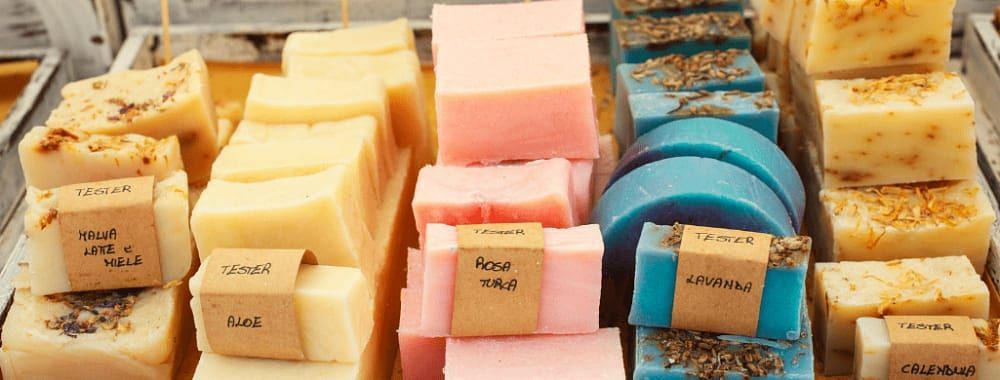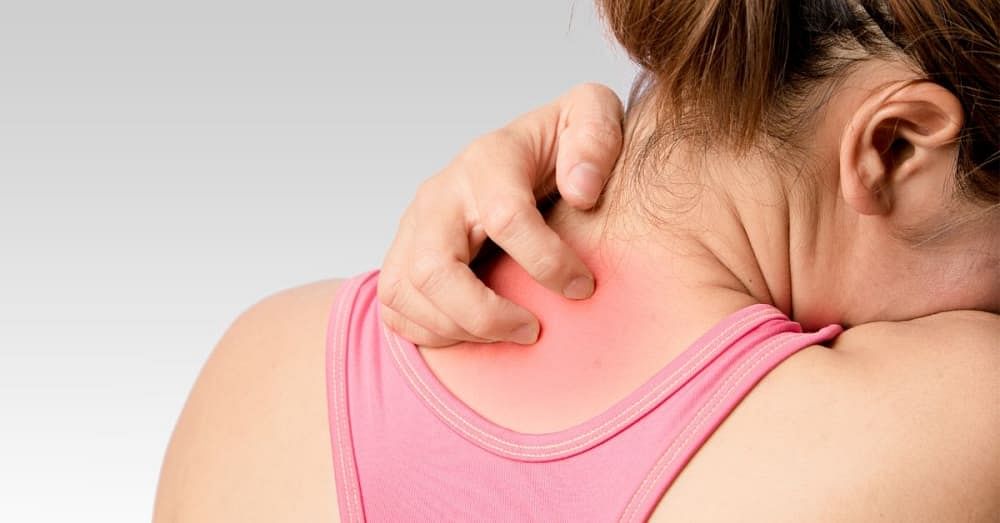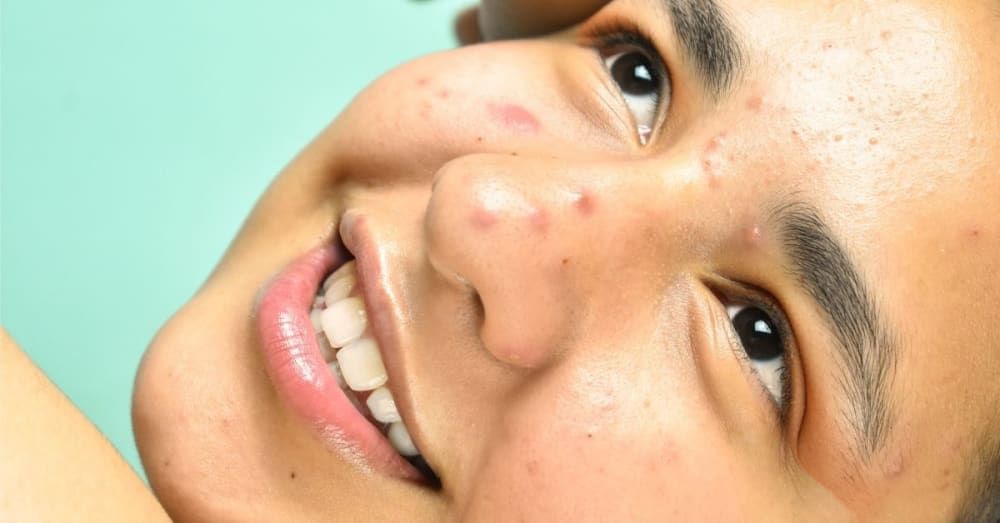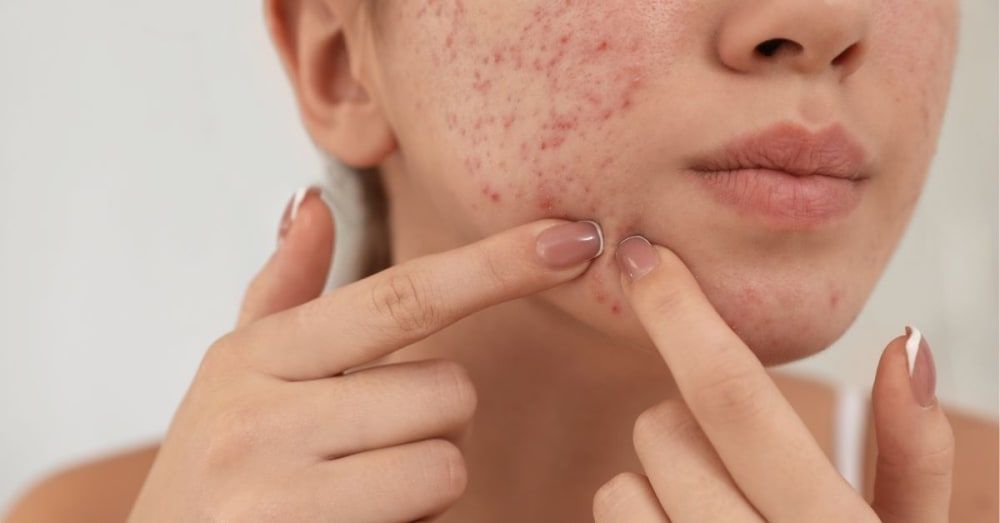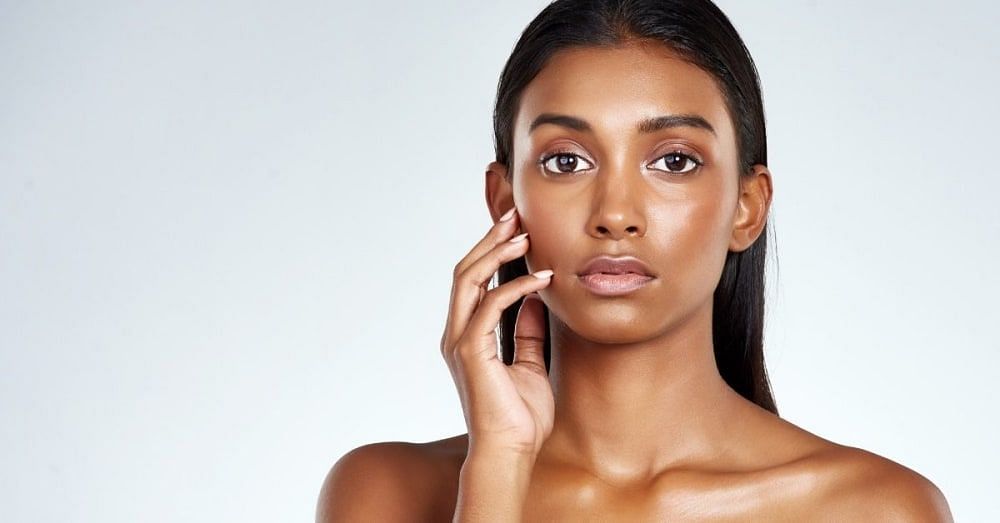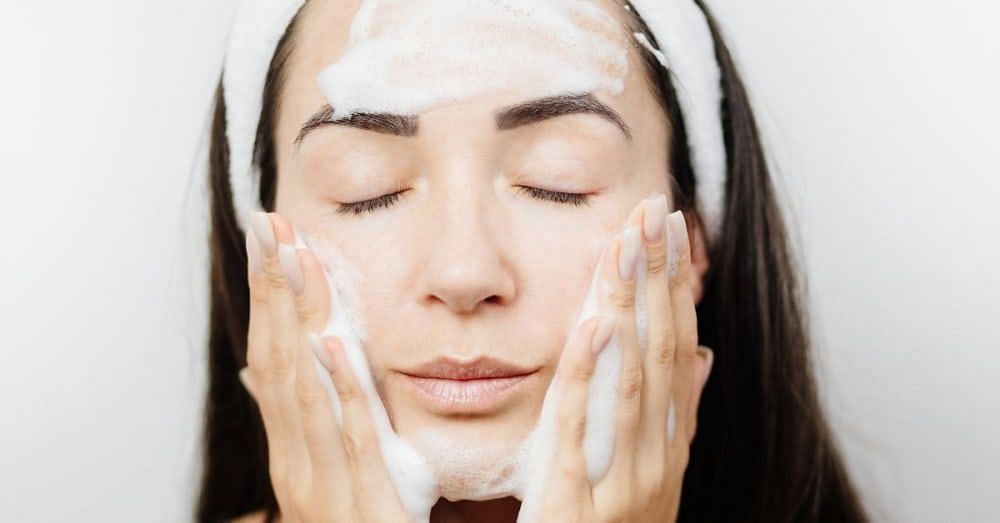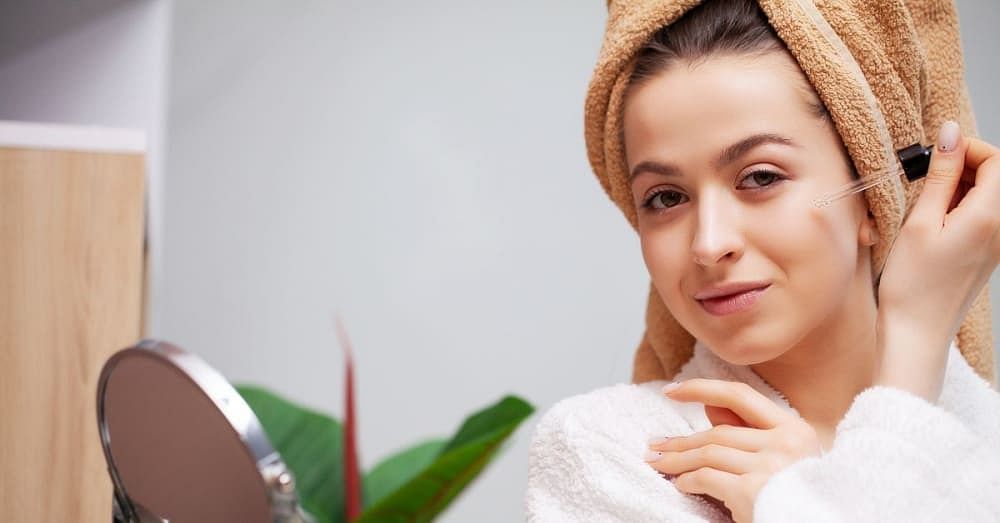The combination of soap and charcoal is not a novel one. Add this ingredient to your daily scrub, watch your pore size reduction, and discover a fix for your oily skin! Today, charcoal is used widely as one of the main ingredients in skincare products. In this post, learn about charcoal soap, its array of benefits for women and how to use it.
What is Charcoal Soap?
Recently, charcoal has been the rage for skincare; it is used to detox and cleans up the skin. This is how charcoal soap was created; processed charcoal has now carved a path for itself in the skincare industry through natural soaps and cleansers. The major ingredient is charcoal that reaps many benefits, such as treating pimples and hyperpigmentation and giving the skin a glowy look.
Benefits of Charcoal Soap
Handmade charcoal soap has become popular, and here is a list of charcoal soap benefits for skin and hair.
Charcoal Soaps for Oily Skin
Charcoal soap benefits for your face and skin are plenty. When it comes to treating oily skin, it’s difficult to find the right product. With charcoal soap uses, the application will absorb excess oil from the skin along with the dirt and grime. It is known to remove all unwanted oil from the skin, giving it that oil-free look.
An oily face attracts impurities and blocks pores. One of the charcoal soap benefits is controlling facial oil and removing dead cells, thus giving you flawless skin.
Charcoal Soap For Acne and Blemishes
Charcoal soap is beneficial in treating acne problems. It flushes out harmful toxins from the skin, treating acne and blemishes. Also, it clears away acne marks and scars.
Charcoal Soaps to Reduce Pore Size
The excessive dust, smoke, and pollution in the air can settle down on pores, making them enlarged and noticeable. When you use charcoal soap, it extracts all this dirt and reduces pore size.
Charcoal Soap for Skin Tightening
Loose or sagging skin is often a sign of ageing. Use charcoal soap to replenish and repair your skin.
Charcoal Soaps for Premature Aging
Another benefit of using charcoal soap is its ability to delay premature ageing. It’s known to keep fine lines and wrinkles at bay, making you look fresh and youthful.
Charcoal Soaps for Psoriasis
Charcoal soap is an excellent exfoliant that helps remove dead skin cells. It’s also beneficial in the treatment of eczema and psoriasis. In many cases, it prevents the condition from recurring.
Charcoal Soaps for Dandruff
Charcoal soap can pose as a shampoo and a soap. If used as a shampoo, it effectively treats a dry and itchy scalp and dandruff.
FAQs
How to use charcoal soap for skin?
- Wet your skin with lukewarm water.
- Lather the activated charcoal soap all over your skin, concentrating on the areas that need it the most. Avoid your mouth and eye area.
- With a circular motion, concentrate on your T-zone, and blemish and acne areas. Be gentle when cleaning pimples.
- For oily or acne-prone skin, massage and cleanse your face for about 1 to 2 minutes. For dry skin, gently scrub for about 30 to 60 seconds.
- Rinse your face with warm water, followed by a good splash of cold water to seal your pores. Then pat your face dry with a clean towel.
- Finish off with a pore-minimizing toner and a suitable water-based moisturizer.
Does charcoal soap lighten the face?
Charcoal soap removes dark dead skin and helps to reduce pigmentation. Hence, leaving your skin looking young, fresh, and bright.
What is the difference between activated charcoal and activated carbon?
Activated carbon is also known as activated charcoal. It is a form of carbon that’s processed to make it porous. Charcoal and activated carbon ideally mean the same, but it’s just a processed form.
What is the difference between charcoal and activated charcoal?
Charcoal and activated charcoal are both derived from carbon. However, activated charcoal is used in skin and hair products. It is more porous due to its larger surface area allowing it to filter out more toxins as compared to regular charcoal. Regular charcoal is used in homes for cooking.

